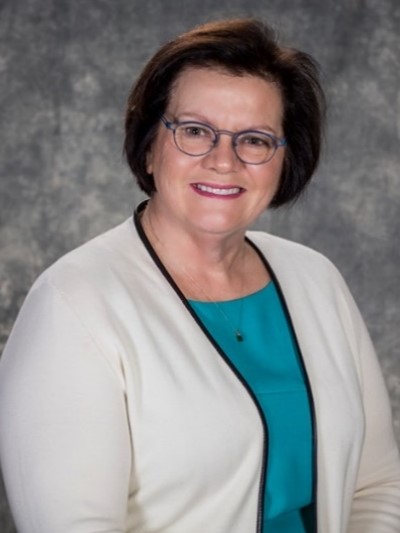News
Can we prevent cancer?
March 11, 2021Cancer can be caused by many things. The human papillomavirus, usually referred to by the initials, ‘HPV’, is a common virus that includes over 200 related strains. Some of the strains are known to cause several different types of cancer – and many of those cancers are increasing in the U.S. Most forms of HPV are low risk and benign but can cause skin and genital warts. There are approximately 14 strains of HPV which can cause cancers in many parts of the body including the cervix, throat, and mouth. HPV spreads through intimate contact and the virus is so common that almost all sexually active people have been infected with HPV. In most cases, when a person is infected with HPV, the body’s natural defenses fight off the virus before it causes cancer. A person infected with HPV may not have any symptoms at the time of exposure. If the immune system cannot fight off a high risk strain, the virus lives in the body and causes increasing damage to the body’s cells over several years. Over time, the damaged cells worsen and become cancerous.
The ease of infection with HPV and the lack of symptoms, makes it difficult to detect the virus early enough to prevent cancer development. The best way to prevent the cancers caused by HPV is to trigger the immune system to fight the virus. Gardasil 9 is a vaccine that allows the immune system to identify 9 different strains of HPV before the virus can gain a foothold in the body. The HPV vaccine protects against two strains that cause most genital warts and seven high-risk strains which cause most HPV related cancers. Receiving the vaccine before a person is ever exposed to HPV, that is - at a young age, provides the best chance of protection against the virus and the cancers it causes. The Centers for Disease Control and Prevention (CDC) recommends that people receive the vaccine series before age 26, but it may still provide protection up to age 45. Two - three doses of the vaccine are needed and the vaccinations can begin for children as young as age nine. If the vaccine is given before age 15, only 2 doses are needed. Three doses are needed if given after age 15.
Studies have shown that HPV infection is prevented in most people who receive the vaccine. More importantly, there is increasing evidence that the vaccine prevents many cancers – cervical, throat, mouth and other – from ever developing!
Talk with your health care provider about whether the vaccine is right for you or your family members. Call 800.424.DOCS (3627) to get connected to a doctor today.
Co-authored by

Linda M. Sutton, MD
Duke Cancer Network Medical Director

Helen Tackitt, DNP, RN, FNP-BC, NE-C
Duke Cancer Network Director of Clinical Practice and Education.
